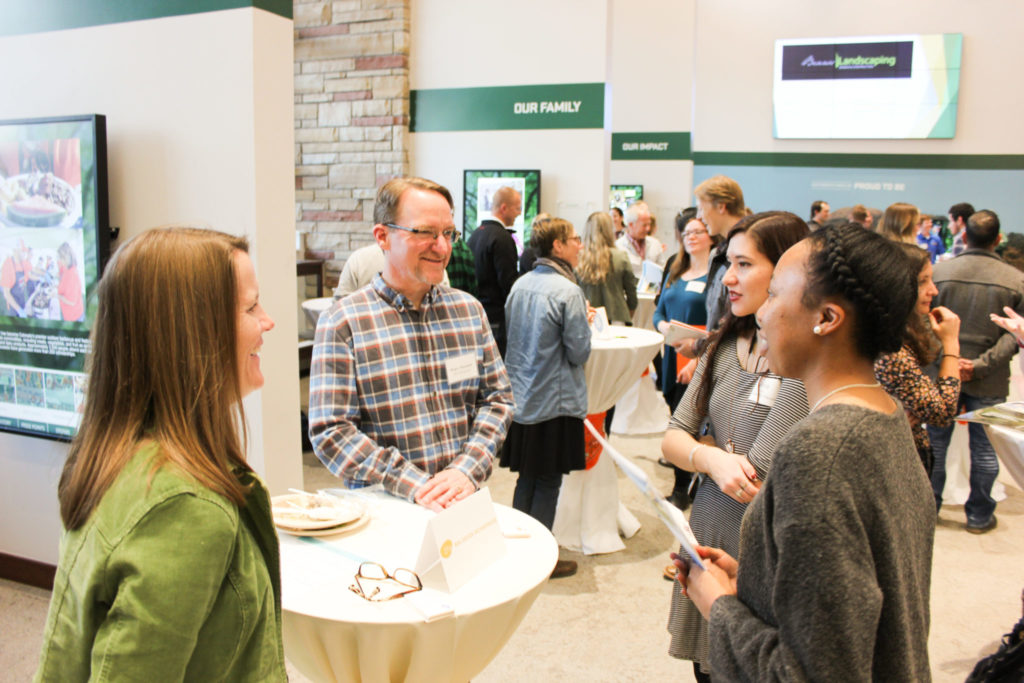
Most students majoring in the College of Agricultural Sciences’ Department of Horticulture and Landscape Architecture obtain real-life industry experience before they’re even handed a diploma. Thanks to the department’s requirements for its environmental horticulture major, as well as many horticulture major tracks, more than half of students take HORT 487, a summer internship that pairs students with businesses local, regional and national.
“Students almost always have a better feel for where they want to be in their field after they do their internships,” notes Mark Uchanski, assistant professor in the department. “They also have a better understanding of the day-to-day. That immersive experience, there’s no substitute.”
The program often focuses on current juniors, who begin to search for opportunities during the spring. Internship coordinator Sarah Wilhelm notes that the scope of internships students find with her help is extremely wide. Past experiences have involved botanical gardens, nurseries, greenhouses, garden centers and organic farms.
“We’ve even had students do internships at private residences—very wealthy people who have extensive gardens on their property,” she adds.
Engaging with internship opportunities
Students can access opportunities on the department’s website, but each February, they also have an opportunity to engage with businesses during the department’s annual mixer and awards ceremony. The event is a way to encourage students to explore opportunities, but it also serves as a recruitment tool for potential business partners in the internship program.
Wilhelm coordinates with the students and businesses, and helps the students along with their coursework, which involves a weekly report on their learning experiences, a paper after their summer internship, and a presentation to peers and faculty in the fall. Faculty provide feedback and evaluate the experience with a grade of satisfactory or unsatisfactory.
“The purpose is to give them practical experience,” says Wilhelm. “Being in a classroom is great. But being able to get out and get the hands-on learning, in addition to what they learned in classrooms and in labs—it’s invaluable.”
This year proved to be a potential challenge as the nation shut down due to the COVID-19 pandemic. Immediately after CSU transitioned online after spring break, Wilhelm knew that there might be a problem.
“We sent out a message on Canvas that said, ‘If you feel comfortable, please proceed. If not, we can come up with an alternative,’” says Wilhelm.